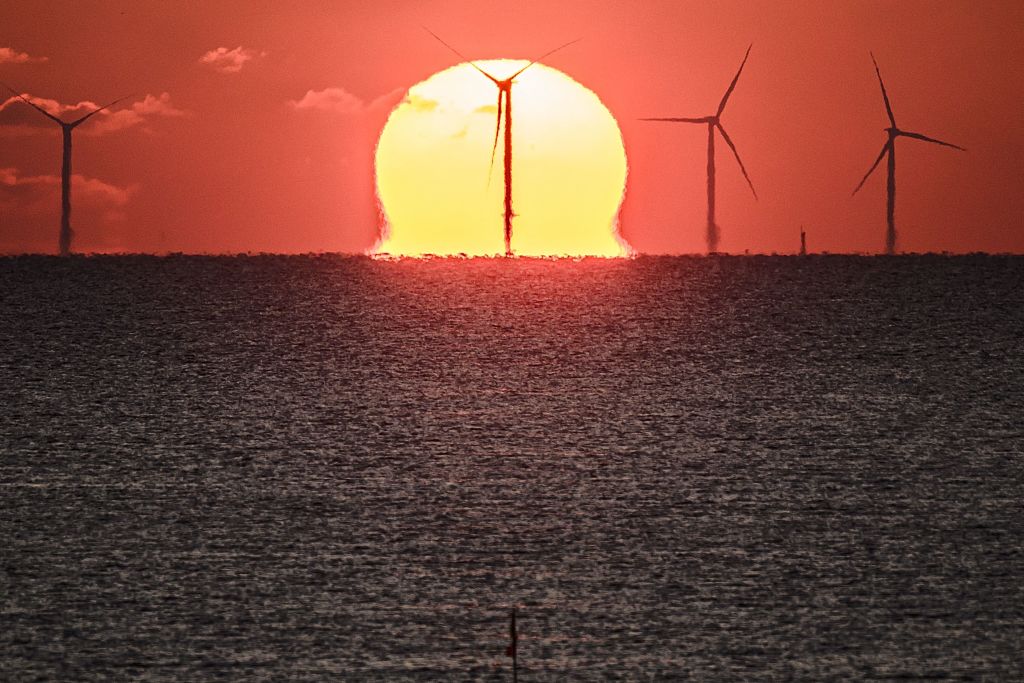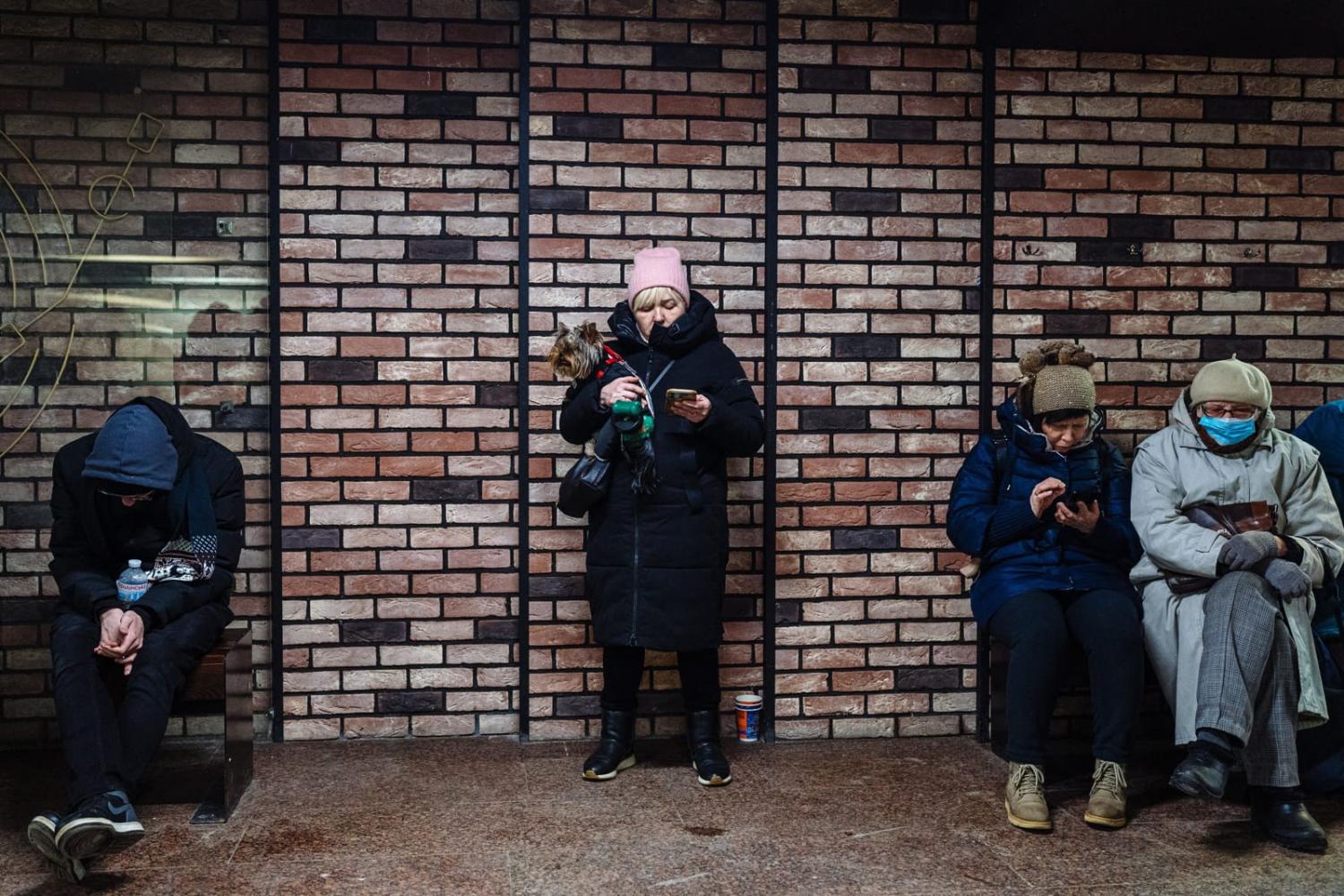Tectonic shifts in world affairs are underway as 2022 draws to a close.
With the Ukraine war drawing a line under the familiar post-Cold War period, the world has entered a more complicated and turbulent era. The final shape of this new (dis)order is uncertain but some contours can be discerned.
Its main features overlap and are interactive. They can’t be viewed, or addressed, in isolation. One observer has described this a “polycrisis”. We are experiencing a more complex, contested and unpredictable international environment. The over-arching story here is the gradual, if uneven, diffusion of global political and economic power from the Euro-Atlantic world to (re)emerging powers.
As competition grows between major powers, energy, food, migration, data and disinformation are all being weaponised. There is greater competition for access to global domains, whether on the high seas or in space.
Rivalry between the US and China is intensifying – whether political, security or economic (recent controls on US semi-conductor exports to China exemplify this). Some characterise this contest as a Thucydides trap, pitching the United States as the established power resisting the rise of the emerging power China.
We are seeing the emergence too of what EU High Representative Josep Borrell has dubbed a “messy multipolarity”, in which second tier powers, such as India, Turkey, Saudi Arabia and Brazil, are vying to protect their national interests, exert influence and gain advantage in this more fluid and contested global environment.

Russia’s aggression against Ukraine is not only an assertion of irredentist nationalism, but also embodies Moscow’s bid to restructure the post-Cold War European security architecture to better reflect its interests – especially by reclaiming a sphere of influence on its western borders. Besides directly threatening European security, Vladimir Putin’s bombast has raised fears of nuclear confrontation to its highest level since 1962. Russia’s war in Ukraine has also badly disrupted global energy and food supplies and prices, affecting developing countries in particular.
Developing countries generally want to avoid being drawn into taking sides in the growing geopolitical competition between great powers. But unsurprisingly, they want to leverage it for their own advantage (including Pacific Island states vis-á-vis US-China competition). They’re aggrieved that the existing global set-up has not delivered for them – not least on climate change.
Globally, politics is characterized in many places by illiberal partisanship and authoritarian, often populist, nationalism. In their own different ways, leaders such as Putin, Xi Jinping, Narendra Modi, Victor Orban and Recep Tayyip Erdoğan, and former presidents Donald Trump and Jair Bolsonaro, all exemplify aspects of this tendency. The spread of populist nationalism, notwithstanding some recent pushback, reflects growing economic inequalities, social dislocation and political fragmentation – which in turn often results from the failure of established political institutions and leaders.
At the same time, a greater economic fragility is evident globally. The return of high and widespread inflation, spurred by the Ukraine war (food and energy supply and price spikes) and the pandemic (supply chain disruptions), has ended the era of easy credit and low interest rates. It’s especially damaging for developing countries (not least with US dollar strength increasing their debt burdens) but the likely global economic slowdown will also negatively affect the United States, Europe and China in 2023.
Driven by both geopolitical and pandemic-related concerns, there’s a move towards global decoupling – seeking to roll back economic interdependence. Near- or friend-shoring is the new buzzword: resilience, not efficiency, is the new mantra. Yet such fracturing risks causing further economic disruptions, and associated political tensions.
Climate change has moved centre-stage. Its growing economic, social and geopolitical impacts interact with food security and economic pressures, magnifying the disruption caused by the pandemic and then the Ukraine war.
Worryingly, global governance institutions and processes have been weakened. The consensus required to enable the multilateral system to function credibly is lacking in an increasingly contested global environment – especially when Russia is inclined to play the spoiler.
Meanwhile, the rapid pace of technological innovation and diffusion is empowering not only individuals but also states. Perversely, this facilitates both liberal and illiberal trends in global affairs. These global trends have significant implications for small and medium-sized states. The challenge they face of protecting their interests in this more unsettled and contested global environment has become even more daunting.
Increased US-China competition means heightened tensions and uncertainty in the Indo-Pacific. Coupled with the likelihood of a global economic slowdown, and continuing disruptions arising from the Ukraine war, this affects the security and prosperity of small states.
Moreover, confrontation between major states will diminish further the prospects for effective multilateral cooperation on pressing global issues such as climate change, negatively affecting Pacific countries.
Finally, in a more confrontational geopolitical environment, it’s going to be even harder for small countries to manage their relations with the great powers. Juggling sometimes competing security and economic interests will prove more difficult. There will be pressure to take sides: choices, and some awkward compromises, may be required.
This is not a new dilemma for small countries. Navigating a course through this more complex and polarised international environment will require adept diplomacy. As always, protecting their vital interests will require careful balance: staying true to strongly held principles and values, while adapting pragmatically to changing strategic realities.

